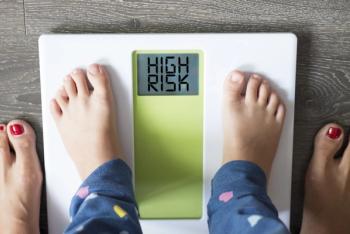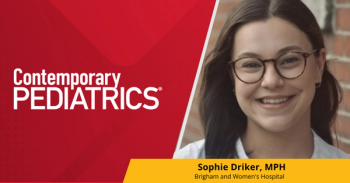
- Vol 35 No 10
- Volume 35
- Issue 10
Child’s behavior may be linked to parent’s adverse childhood experiences
Parents who have experienced adverse childhood experiences (ACEs), such as abuse, neglect, or household dysfunction, are more likely than parents without these experiences to have children with behavioral health problems, according to an analysis of data from several large, nationally representative surveys of US households that addressed ACEs and children’s behavioral problems and diagnoses.
Of the more than 2500 children for whom researchers had data, one-fifth had a parent who reported experiencing 4 or more ACEs during their own childhood. Compared with their peers whose parents reported having no ACEs during their childhood, these children had worse scores on standardized tests of child behavior problems and of positive behaviors (such as self-control, persistence, self-esteem, social competence, and compliance) as well as increased odds of attention-deficit/hyperactivity disorder and emotional disturbance. Mothers’ ACE counts had a far stronger influence on these child behavioral outcomes than did fathers’ (Schickedanz A, et al. Pediatrics. 2018;142[2]:e20180023).
Thoughts from Dr. Burke
It is concerning, but not surprising, that young people carry childhood trauma into adulthood and transmit that trauma to their children. We have plenty of examples of cycles of poverty and trauma in families and communities. These data support efforts to identify childhood trauma and to intervene early to mitigate downstream effects.
Articles in this issue
over 7 years ago
Kawasaki disease: AHA statement and recommendationsover 7 years ago
Coding basics: Medical decision making is the keyover 7 years ago
Boy’s progressive extremity rash looks fishyover 7 years ago
Advice for new parents and their babiesover 7 years ago
Red flags for genetic disordersover 7 years ago
Behavioral sleep interventions really work, parents sayover 7 years ago
Managing enuresis in primary care: Part 2over 7 years ago
A diagnostic blood test for Kawasaki disease?over 7 years ago
Teenager suffers diarrhea, emesis, and weight lossover 7 years ago
How I found my calling as a volunteerNewsletter
Access practical, evidence-based guidance to support better care for our youngest patients. Join our email list for the latest clinical updates.






